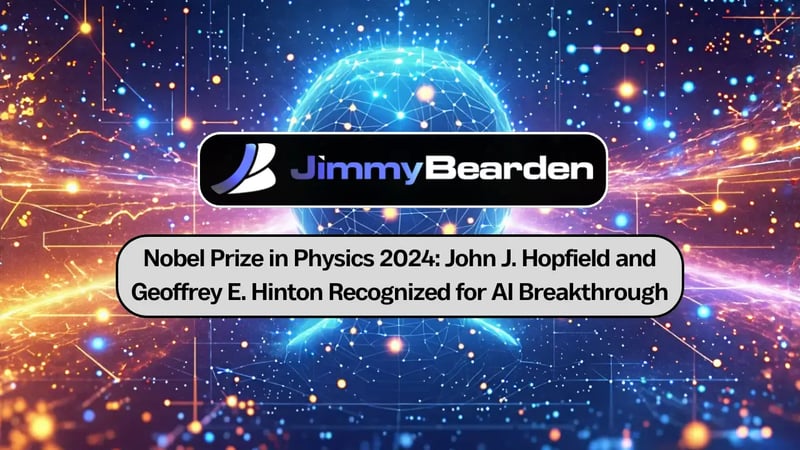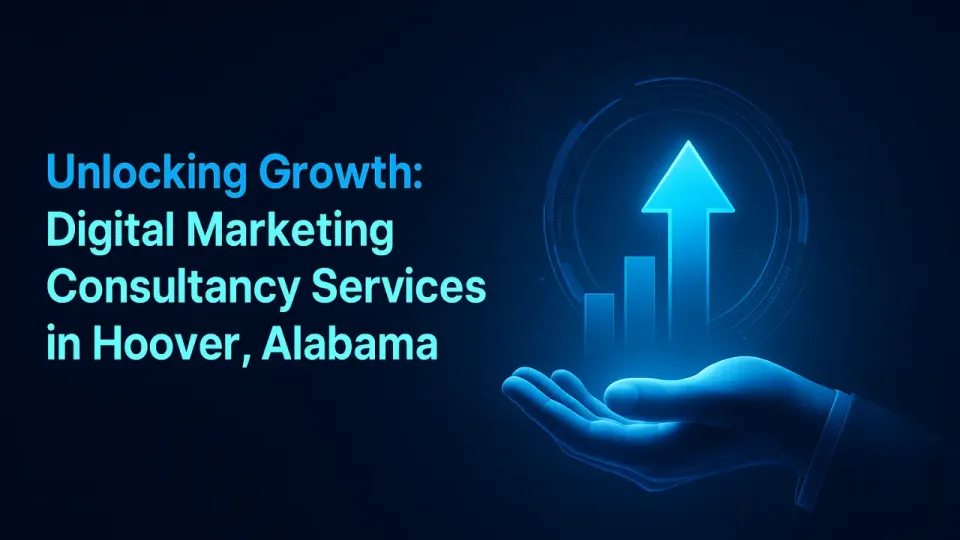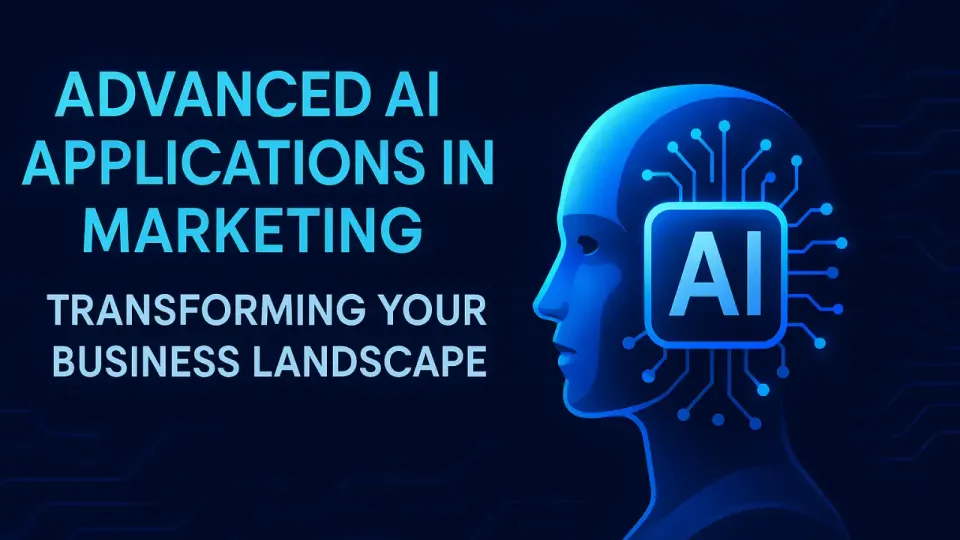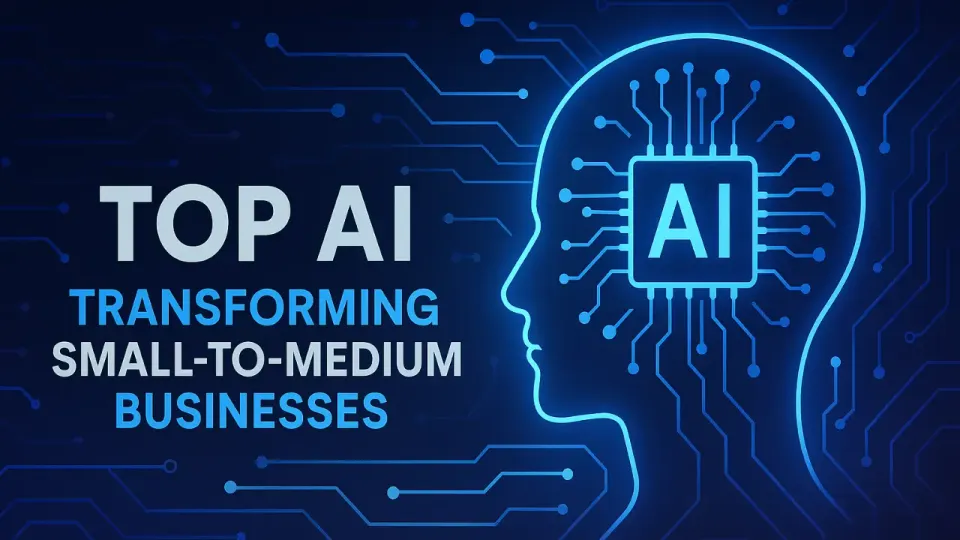Nobel Prize in Physics 2024: AI Breakthroughs

Groundbreaking Contributions to Artificial Intelligence
The awarding of the 2024 Nobel Prize in Physics to John J. Hopfield and Geoffrey E. Hinton marks a significant recognition of their contributions to artificial intelligence (AI) through machine learning with artificial neural networks. This accolade spotlights the profound transformative impact of their pioneering research and innovations within the realm of physics and data science.
Development of Neural Networks
John Hopfield's creation of the Hopfield network was a revolutionary stride in the understanding of image and pattern storage and reconstruction. The network operates on principles akin to those describing atomic spin attributes in materials, marking a profound synergy between physics and computational models. Geoffrey Hinton, on the other hand, extended this foundational work through his invention of the Boltzmann machine. This machine is adept at autonomously discerning properties in data to accomplish complex tasks like element identification in images.
Implications for Modern AI
The advancements brought by Hopfield and Hinton have been integral to the evolution of modern machine learning. Their work underpins the AI models widely used today, including generative configurations like ChatGPT, which have revolutionized the capabilities of cognitive computing systems. By building upon each other's innovations, they have paved the way for formidable AI technologies that are now embedded across multiple facets of technology and society.
The diverse applications of their research span numerous fields. From aiding in precise tasks such as facial recognition and language translation to novel solutions in diagnosing illnesses, the principles they established have percolated into various scientific domains like material science, physics, and beyond.
Recognition and Academic Influence
Both John J. Hopfield, who holds a professorial position at Princeton University, NJ, USA, and Geoffrey E. Hinton, a professor at the University of Toronto, Canada, began their groundbreaking work back in the 1980s. Hopfield introduced his eponymous network in 1982, followed by Hinton's development of the Boltzmann machine, exemplifying decades-long dedication to advancing computation techniques rooted in physical laws.
Receiving the Nobel Prize signifies not only the excellence of their achievements but also the historic significance of such recognition for AI in physics. Alongside the prestige, the Nobel Prize comprises a shared award of 11 million Swedish kronor, equivalent to roughly $1.06 million, reflecting the monumental value attributed to their research.
Despite their successes, there is an acknowledged concern from Geoffrey Hinton regarding the rapid acceleration of AI technologies. His apprehensions include. the indistinguishability of AI-generated content and the ethical implications of AI in military operations. This foresight suggests an ongoing dialogue around responsible AI development as part of their legacy.
Personal Milestones
The personal journeys of these laureates are equally inspiring. John J. Hopfield, born in 1933 in Chicago, IL, USA, achieved his PhD from Cornell University in 1958. Geoffrey E. Hinton, born in 1947 in London, UK, earned his PhD from The University of Edinburgh in 1978. Their respective academic trajectories have undeniably bolstered their explorative strides within the artificial intelligence landscape, positioning them as pivotal figures in conceiving and nurturing what has now become a cornerstone of modern technology.
"Joining this community has been a game-changer for staying updated on the latest trends & events!" - John B.





